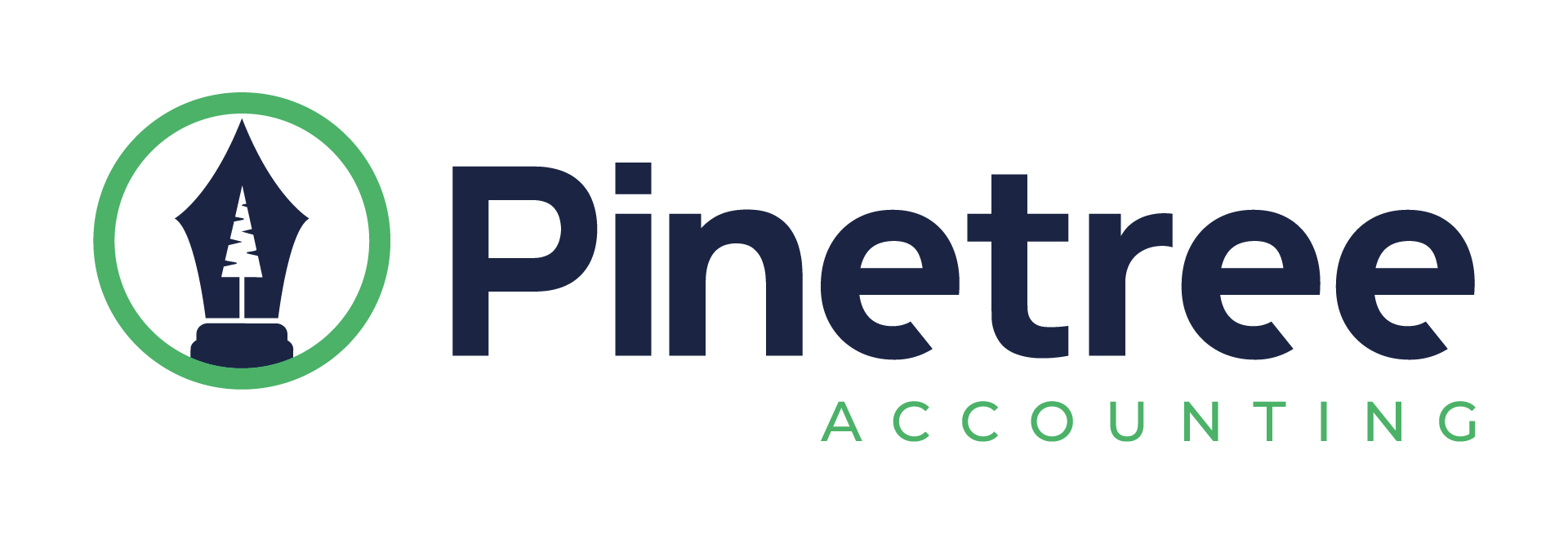Preparing for Audits in Hong Kong: A Business Guide
Introduction
In the bustling business landscape of Hong Kong, a city renowned for its strategic role in international finance and trade, audits stand as a pivotal element ensuring the integrity and reliability of financial reporting. These comprehensive assessments are not merely formalities; they are critical for maintaining the trust of stakeholders, securing investments, and facilitating the smooth operation of businesses across various sectors.
The regulatory framework governing audits in Hong Kong is designed to uphold high standards of transparency and accountability. This guide delves into the essence of audit processes, highlighting their significance and the regulatory underpinnings that govern them in Hong Kong.
Understanding Hong Kong’s Audit Requirements
The Companies Ordinance (CO) Requirements for Appointing an Auditor
In Hong Kong, the Companies Ordinance (CO) lays the foundation for audit requirements, mandating that all companies appoint a certified public accountant (CPA) as their auditor. This requirement underscores the importance of an impartial and professional evaluation of a company’s financial statements. Auditors are tasked with a crucial role: to verify the accuracy, completeness, and fairness of financial reports, ensuring they comply with the CO and accurately reflect the company’s financial position.
An auditor, according to the CO, must not be an officer or employee of the company, nor have any close financial relationships with the company’s personnel, to avoid any conflicts of interest. The appointment of an auditor is a strategic decision made by the company directors before the annual general meeting (AGM), and this position is typically held until the conclusion of the subsequent AGM.
The Role of the Hong Kong Institute of Certified Public Accountants (HKICPA) in the Audit Process
The Hong Kong Institute of Certified Public Accountants (HKICPA) plays a pivotal role in the audit landscape of Hong Kong. As the authoritative body, it sets the standards and regulations for CPAs, ensuring that the audit process is carried out with the utmost professionalism and adherence to global best practices. The HKICPA’s involvement ensures that auditors in Hong Kong are well-qualified, adhere to professional ethics, and conduct audits in alignment with both local and international standards.
Audits, as mandated by the HKICPA, go beyond mere compliance checks. They involve a thorough examination of financial records, transactions, and controls, aiming to provide an independent assurance that a company’s financial statements are free from material misstatement, whether due to fraud or error. The HKICPA’s guidelines also ensure that auditors remain vigilant about the consistency of financial statements with the directors’ report, further emphasizing the importance of integrity and accuracy in financial reporting.
In conclusion, the audit process in Hong Kong, guided by the CO and regulated by the HKICPA, is an indispensable component of the financial and regulatory ecosystem. It reinforces the credibility of business operations, providing assurance to shareholders, investors, and regulatory bodies about the financial health and operational integrity of companies operating in one of the world’s leading financial hubs.
Steps to Prepare for the Audit
Appointing a Qualified Auditor in Hong Kong
Criteria for Selecting an Auditor as per the CO and HKICPA Guidelines
Selecting a qualified auditor is the first crucial step in preparing for an audit in Hong Kong. The auditor must be a certified public accountant registered with the Hong Kong Institute of Certified Public Accountants (HKICPA). This ensures that the auditor has the necessary qualifications, adheres to professional standards, and possesses a thorough understanding of the Hong Kong legal and regulatory environment. Importantly, the auditor should not have any personal or financial relationships with the company to maintain impartiality.
Preparing Financial Documents
Detailed Checklist of Documents and Records Required for the Audit
Companies must prepare a comprehensive set of financial documents and records for the audit. This includes, but is not limited to, sales invoices, receipts, bank statements, inventory lists, and records of assets and liabilities. Keeping detailed and organized records is essential for formulating accurate financial statements and facilitates the audit process.
Importance of Maintaining Accurate and Comprehensive Accounting Records
Maintaining accurate and comprehensive accounting records is not just a regulatory requirement but a critical business practice that ensures the integrity of financial reporting. It enables auditors to efficiently assess the financial health of the company and ensures compliance with the Companies Ordinance (CO).
Audited Financial Statements for Profit Tax Return (PTR)
Process of Using Audited Financial Statements and Auditor’s Report for PTR Submission
In Hong Kong, audited financial statements and the auditor’s report are required when filing the annual Profit Tax Return (PTR). This documentation serves as a basis for tax assessment, emphasizing the need for precision and compliance with statutory requirements. The filing deadlines and requirements may vary depending on the company’s fiscal year-end, highlighting the importance of timely preparation.
Compliance with Hong Kong Financial Reporting Standards (HKFRS) or International Financial Reporting Standards (IFRS)
The Necessity of Adhering to the Latest Financial Reporting Standards for a Smooth Audit Process
For a smooth audit process, companies must prepare their financial statements in accordance with either Hong Kong Financial Reporting Standards (HKFRS) or International Financial Reporting Standards (IFRS). This ensures that financial reports are accurate, reliable, and comparable across jurisdictions, facilitating the auditor’s ability to provide a true and fair view of the company’s financial position.
Audit Process and Considerations
Overview of the Audit Process Including Planning, Testing, Evaluating Internal Controls, and Reporting
The audit process encompasses several phases, including planning, testing, evaluating internal controls, and reporting. Initially, auditors plan the audit by understanding the company’s business and associated risks. Testing involves evaluating audit evidence, while the evaluation of internal controls assesses their effectiveness in preventing errors and fraud. Finally, the auditor reports on the financial statements’ accuracy and the internal control systems.
The Significance of Internal Control Evaluation and Cooperation with Auditors for a Favorable Audit Outcome
A thorough evaluation of a company’s internal controls is a critical aspect of the audit process. It helps in identifying areas of improvement to mitigate the risk of inaccuracies and fraud. Maintaining open communication and cooperation with the auditor throughout the process is essential for addressing potential issues promptly and ensuring a favorable audit outcome.
In summary, preparing for an audit in Hong Kong involves a series of well-defined steps, from appointing a qualified auditor to ensuring compliance with the latest financial reporting standards. By adhering to these guidelines, companies can navigate the audit process effectively, ensuring compliance and bolstering their financial integrity.
Common Pitfalls and How to Avoid Them
Navigating through an audit in Hong Kong without encountering any hiccups is an ideal scenario, yet businesses often face common pitfalls that can complicate the process. Understanding these challenges and knowing how to avoid them is crucial for a smooth audit experience.
Discussion on Common Issues Faced During Audits and Tips for Avoiding Them
One common issue is the lack of preparedness, where businesses fail to have all necessary documentation organized and ready for review. This can lead to delays and potentially negative audit findings. To avoid this, companies should maintain comprehensive and up-to-date financial records throughout the year, ensuring that all transactions are accurately recorded and documented.
Another frequent challenge is misunderstanding the scope and requirements of the audit. This can occur when businesses are not fully aware of the legal and regulatory standards they must meet. To mitigate this risk, companies should consult with their auditor early in the process to clearly understand the audit’s scope, as well as any specific compliance requirements.
Inaccuracies in financial statements, whether due to error or fraud, are also a significant concern. These can lead to qualified opinions from auditors or, in worse cases, legal repercussions. Ensuring the accuracy of financial records and implementing strong internal controls can help prevent such issues.
Lastly, companies often underestimate the importance of effective communication with their auditors. Open and transparent communication can help identify and address potential issues early, facilitating a more efficient audit process.
Conclusion
The audit process in Hong Kong is a critical aspect of business operations, serving not only as a compliance requirement but also as a means to demonstrate financial integrity and reliability to stakeholders. Being well-prepared for an audit is essential. You may need to talk to a Company Secretary, accountant or have the correct documentation prepared for your company registration. This entails starting preparation early, maintaining thorough documentation, and ensuring full compliance with legal and regulatory standards. Understanding common pitfalls and how to avoid them further enhances a company’s ability to navigate the audit process smoothly.
By adopting a proactive approach to audit preparation, businesses in Hong Kong can mitigate risks, avoid common pitfalls, and ensure a favorable audit outcome. This not only helps in meeting the statutory requirements but also in reinforcing stakeholders’ trust and confidence in the company’s financial health and operational integrity.
Steps to Prepare for the Audit (table):
| Step | Details |
|---|---|
| Appointing a Qualified Auditor | Select a certified public accountant registered with the HKICPA, ensuring no personal or financial relationships with the company. |
| Preparing Financial Documents | Maintain a comprehensive set of financial documents including sales invoices, receipts, bank statements, inventory lists, and asset and liability records. |
| Audited Financial Statements for PTR | Use audited financial statements and the auditor’s report for the annual Profit Tax Return (PTR) submission, adhering to filing deadlines. |
| Compliance with Financial Reporting Standards | Prepare financial statements in accordance with HKFRS or IFRS to ensure accuracy, reliability, and comparability. |
| Audit Process and Considerations | Follow the audit process phases, including planning, testing, evaluating internal controls, and reporting, to assess financial health accurately. |
| Common Pitfalls and Avoidance Strategies | Understand common audit challenges such as lack of preparedness, inaccuracies in financial statements, and ineffective communication, and employ strategies to avoid them. |





